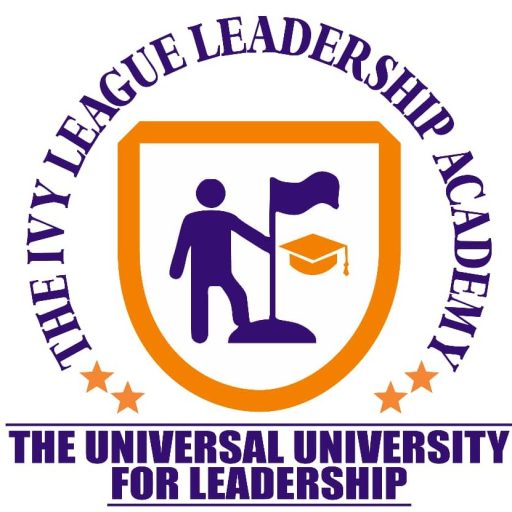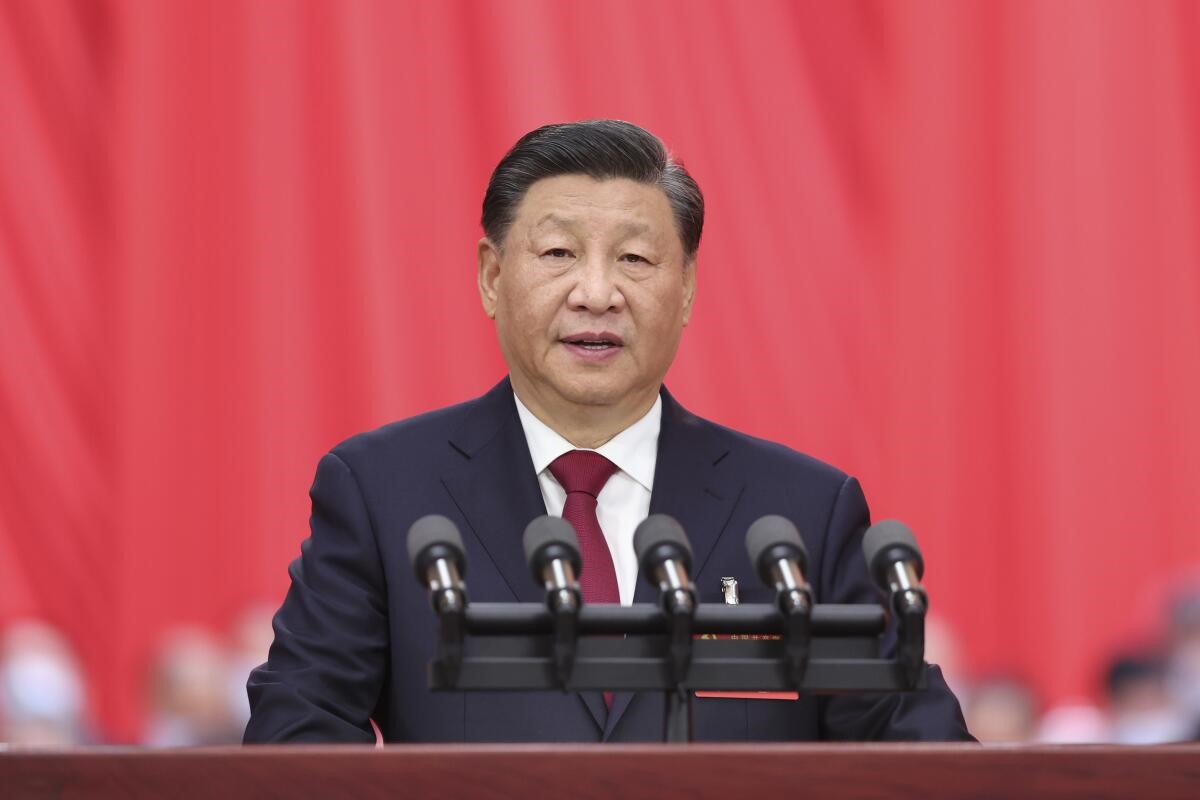
CHINA: Xi JINPING
Xi Jinping is a highly influential leader who has shaped modern China through his exceptional leadership qualities and strategic achievements. Born on June 15, 1953, in Beijing, China, Xi rose to prominence within the Chinese Communist Party (CCP) due to his impressive leadership skills.
LEADERSHIP QUALITIES:
.
STRATEGIC ACHIEVEMENTS
CONSOLIDATION OF POWER:
Xi's leadership has been marked by a significant consolidation of power. He was elected to a second term as president in 2018, and the National People's Congress passed an amendment abolishing term limits for China's president and vice president. In 2022, Xi was unanimously elected to a historic third term as general secretary of the CCP, further solidifying his position.
Overall, Xi Jinping's leadership has been characterized by a strong vision for China's future, decisive decision-making, and strategic thinking. While his leadership has been marked by significant achievements, it has also raised concerns over human rights and environmental protection.

AUSTRALIA: PRIME MINISTER ALFRED DEAKIN
Alfred Deakin Australia's second prime minister, was a visionary leader who left an indelible mark on the country's history. His leadership qualities were shaped by his experiences as a lawyer, journalist, and politician.
KEY LEADERSHIP QUALITIES
LEADERSHIP ACHIEVEMENTS
.
Mao Zedong was a complex and influential leader who played a crucial role in shaping modern China.
LEADERSHIP QUALITIES
His leadership qualities and strategic achievements can be summarized as follows:
STRATEGIC ACHIEVEMENTS
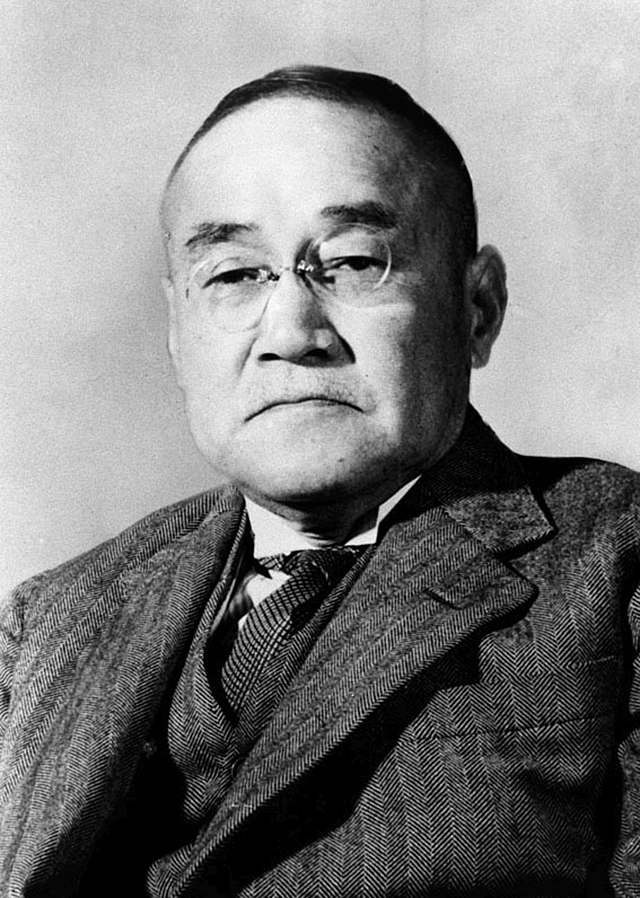
Yoshida Shigeru (1878-1967) was a visionary Japanese leader who played a crucial role in shaping Japan's post-World War II trajectory.
LEADERSHIP QUALITIES:
STRATEGIC ACHIEVEMENTS
KEY POLICIES:
CRITICISM AND CONTROVERSY:
Legacy:
Yoshida's leadership transformed Japan from a devastated wartime nation to a thriving economic powerhouse. His pragmatic diplomacy, strategic thinking, and collaborative approach ensured Japan's successful integration into the international community.
Awards and Recognition:
Grand Cordon of the Order of the Rising Sun (1956)
Honorary Knight Grand Cross of the Order of St Michael and St George (1956)
Overall, Yoshida Shigeru's leadership qualities and strategic achievements had a profound impact on Japan's post-war development, cementing his place as one of Japan's most influential leaders.)
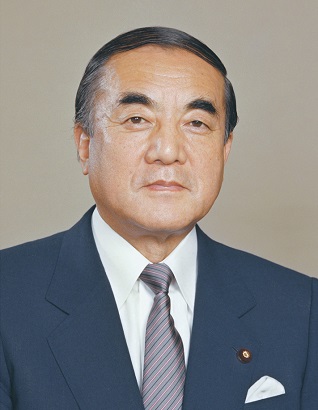
JAPAN: PRIME MINISTER NAKASONE YASUHIRO
Nakasone Yasuhiro (1918-2019) was a visionary Japanese leader who served as Prime Minister from 1982 to 1987. His leadership qualities and strategic achievements transformed Japan's economy, politics, and international relations.
LEADERSHIP QUALITIES
STRATEGIC ACHIEVEMENTS
KEY INITIATIVES
Criticism and Controversy:
Awards and Recognition:
Grand Cordon of the Order of the Rising Sun (1987)
Honorary Knight Grand Cross of the Order of St Michael and St George (1982)
LEGACY:
Nakasone's leadership transformed Japan into a major economic power, cementing its position as a global leader. His reforms promoted competition, innovation, and international cooperation.
Overall, Nakasone Yasuhiro's leadership qualities and strategic achievements had a profound impact on Japan's economic, political, and international development, solidifying his legacy as one of Japan's most influential leaders.

SINGAPORE: PRIME MINISTER LEE KUAN YEW
Lee Kuan Yew, Singapore's founding father and longest-serving prime minister, possessed exceptional leadership qualities that transformed the country from a third-world nation to a thriving metropolitan city. His vision, strategic planning, and determination were key to Singapore's success.
KEY LEADERSHIP QUALITIES
KEY PRINCIPLES
Some of Yew's guiding principles include:
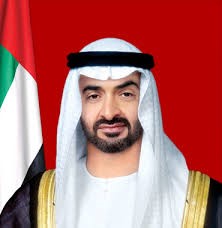
UNITED ARAB EMIRATE: SHEIKH ZAYED BIN SULTAN AL NAHYAN
Sheikh Zayed bin Sultan Al Nahyan, the founding father of the United Arab Emirates, was a visionary leader who transformed the country into a modern, prosperous nation. His leadership qualities are still studied and admired today.
KEY LEADERSHIP QUALITIES
KEY ACHIEVEMENTS
.
